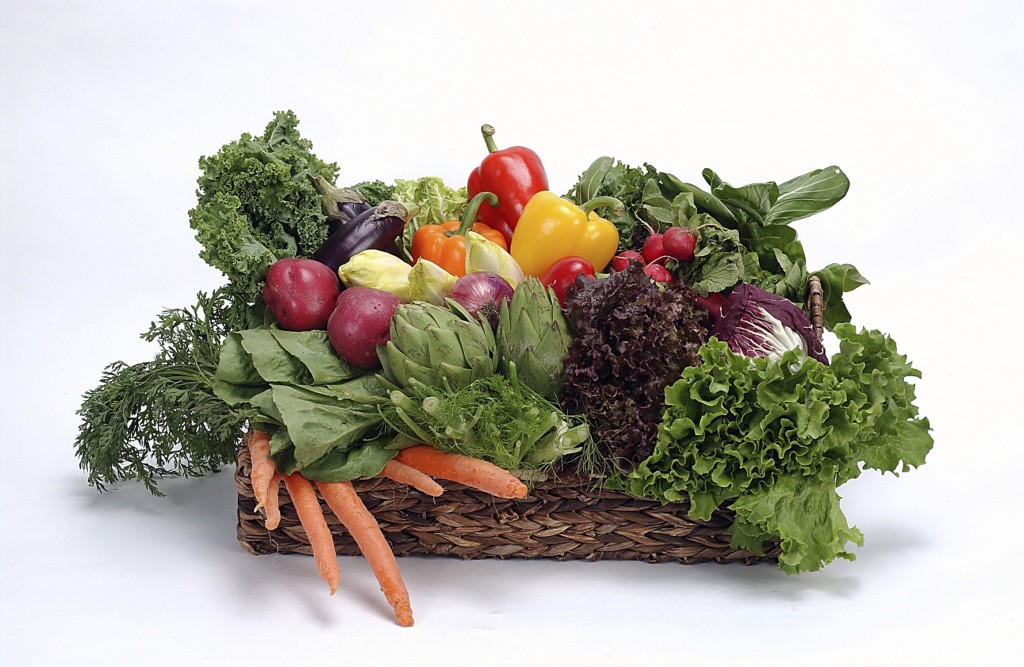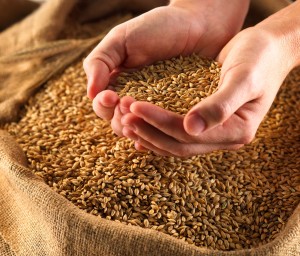Clean Eating: Should You Try It?

Are you curious about the “clean eating” trend? Read on to learn what it is, and whether or not you should give it a try.
What is clean eating?
Clean eating isn’t about making sure that your food is washed really well. Rather, it’s a way of eating and living. Clean eaters avoid–or at least limit–processed and refined foods, along with foods that have a lot of additives. They choose whole foods and tend to eat more plant-based foods, as a rule.
What are the benefits of clean eating?
People who support clean eating believe that it can lead to a number of health benefits, including:
- Weight loss
- More energy
- Better sleep
- Better moods
- Healthier skin and hair
Getting started with clean eating
Clean eating isn’t a diet, but it does encourage a healthy lifestyle. For this reason, clean eating may be helpful for many people, especially those who are overweight or have diabetes, high blood pressure, or high cholesterol. If you’re interested in this type of lifestyle, here are some ways to get you started.
- Choose whole foods. Choosing “whole foods” doesn’t mean you need to start shopping at Whole Foods (unless you want to, that is). What is does mean is that you decide to eat an apple instead of a piece of apple pie, or you eat a whole chicken breast instead of Kentucky Fried Chicken. In other words, eat foods as Mother Nature intended them to be eaten.
- Skip the processed foods. Clean eaters avoid or limit packaged and canned foods, which tend to be processed. Doing so may not always be possible, especially on days when you need a quick and easy meal. But in general, the focus is on bypassing the box of macaroni and cheese or the high-sodium can of soup on the grocery shelf, and making your own versions from scratch.
- Eat mostly plant foods. You don’t have to become a vegetarian to eat clean, but one of the main principles is to eat more plant foods, like vegetables, fruits, and beans.
 Eat whole grains. Bypass white rice and white pasta, which are stripped of many of their nutrients and can often lead to high blood glucose after a meal. There are so many healthful whole grains to choose from, including quinoa, brown rice, and barley. “Ancient” grains have also made a comeback. If you can find them, give faro, freekeh, amaranth, spelt, or teff a try.
Eat whole grains. Bypass white rice and white pasta, which are stripped of many of their nutrients and can often lead to high blood glucose after a meal. There are so many healthful whole grains to choose from, including quinoa, brown rice, and barley. “Ancient” grains have also made a comeback. If you can find them, give faro, freekeh, amaranth, spelt, or teff a try.
- Read labels and ingredient lists. Chances are, you’re already reading the Nutrition Facts panel for serving size and total carb grams. It only takes a few more seconds to look at the front of the package and the ingredients list. Be wary of “fat-free” or “sugar-free” foods, or foods with a bunch of ingredients that you can’t pronounce. These are sure signs of processed and/or refined foods.
- Aim to balance your meals. Clean eaters don’t view certain nutrients, like carbohydrate, as “bad.” They do, however, try to balance the types of foods that they eat. That means including sources of healthy protein, fat and carbohydrate at each meal. Doing so helps to ensure that you get the nutrients that you need to stay healthy. This can improve your blood glucose levels at the same time.
- Choose drinks carefully. You may already be ahead of the game if you’re limiting sugary drinks like soda, energy drinks, and juice. These are often full of added sugar and artificial coloring. The best choices are water, seltzer, and unsweetened tea.
- Eat several meals and snacks during the day. No fasting or skipping meals. Fuel your body by eating regularly scheduled meals and snacks over the course of the day. This way of eating can sustain your energy, prevent hunger, and make it easier to manage your blood glucose levels. Check with your healthcare provider about the best way to space out your meals and snacks.
Another benefit of clean eating: You’ll likely notice that your taste buds change as you eat healthier, whole foods. Cravings for processed foods may disappear altogether. Is clean eating for you? Give it a try and find out.


 Eat whole grains. Bypass white rice and white pasta, which are stripped of many of their nutrients and can often lead to high blood glucose after a meal. There are so many healthful whole grains to choose from, including quinoa, brown rice, and barley. “Ancient” grains have also made a comeback. If you can find them, give faro, freekeh, amaranth, spelt, or teff a try.
Eat whole grains. Bypass white rice and white pasta, which are stripped of many of their nutrients and can often lead to high blood glucose after a meal. There are so many healthful whole grains to choose from, including quinoa, brown rice, and barley. “Ancient” grains have also made a comeback. If you can find them, give faro, freekeh, amaranth, spelt, or teff a try.